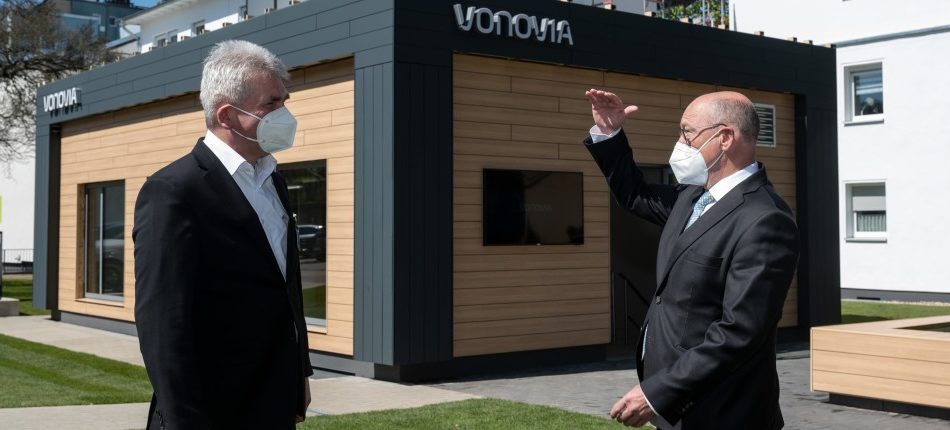Vonovia’s purchase of Deutsche Wohnen is the most prominent example: many German companies are currently buying or being taken over. More is happening globally.
Significantly promoted by a major merger in the real estate industry, the market in the German takeover business is picking up. The volume of announced transactions with German participation rose in the year to date by a good quarter (28 percent) to 93.5 billion dollars compared to the same period in 2020. This is calculated by the data service provider Refinitiv, which records mergers and acquisitions (M&A) in which the acquirer or the takeover target comes from Germany or both are domestic. The deadline is June 16.
After the M&A boom of the noughties – almost a decade and a half ago – there were only two years in which the observation period brought more volume with German participation: 2016 and 2018. The current increase is exclusively due to intra-German mergers. Measured by the cumulative volume, cross-border transactions declined sharply, in both directions: both with German buyers abroad and with foreign buyers in Germany. The outstanding transaction is the major merger on the German real estate market: Vonovia wants to acquire Deutsche Wohnen in a transaction valued by Refinitiv at 34.5 billion dollars. It makes the housing sector the sector that has shaped M&A activity in this country the most in the course of the year to date.
There are many reasons
“Most of the companies have recovered from the effects of the Covid pandemic, and that has brought some strategic issues back to the fore,” says Patrick Frowein, co-head of Deutsche Bank’s investment banking in Europe, Middle East and Africa, about the M&A -State and the prospects. Jens Maurer, Co-Head of Investment Banking Germany / Austria at Morgan Stanley, sees the M&A market emerging from the pandemic “with a tailwind”. “German companies got through the crisis comparatively well, the conditions in the financing markets are still very attractive and thus support strategic acquisitions.” Other factors: Companies are preparing to sell divisions in order to repair their balance sheet. Financial investors have continued to collect money in the pandemic that now needs to be invested. Exchange jackets (SPACs) created specifically for acquisitions drive business.
In addition, there is still pressure from shareholders who insist on the dissolution of conglomerates. Board members find it difficult to evade this. A “strategic focus on corporate clarity” is fueling M&A activity, as Michele Iozzolino, co-head of investment banking at J.P. Morgan in Germany.
J.P. Morgan leads the way in Germany
Germany is still far behind with its growth internationally. The data service provider Dealogic has calculated the added volumes in the first five months of the year – and comes to an increase of 22 percent (to 83 billion dollars) for Germany, compared with 102 percent in Europe / Middle East / Africa and 177 percent globally. The proportion of transactions in which the auction is not even completed is increasing because one bidder with a particularly fast and high bid outstrips the others before the final submission deadline. At Goldman Sachs, the share of these transactions in Europe / Middle East / Africa has been over a third since the beginning of 2020, reports Christopher Droege, co-head of the M&A business in Germany and Austria.
Refinitiv also calculates a ranking of mandated investment banks based on the total volume of transactions handled – these are snapshots that can be heavily influenced by individual deals. J.P. Morgan leads in the deals with German participation before Goldman Sachs and Morgan Stanley. Deutsche Bank is in fourth place, leading the sub-segment of medium-sized deals, ahead of Rothschild and Morgan Stanley.

